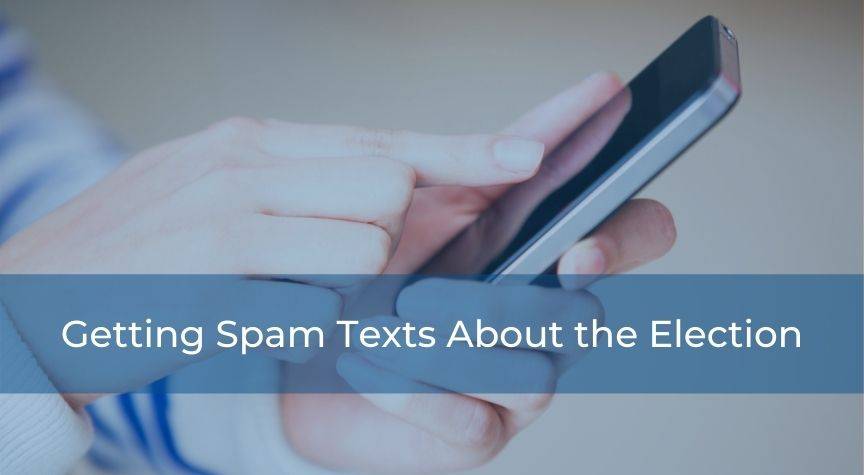What should I do if I receive spam texts about the election?
Florida personal injury attorney Ted Babbitt answered this question for The Palm Beach Post in his article titled What to do about election-themed spam in your texts.
The November 3rd general election is right around the corner, which means cybercriminals are out in full force, peddling everything from fake surveys to false information.
Here are some tips to exercise caution when it comes to spam texts:
- Never give out personal identifiers. Any message that asks for your credit card number, social security information, driver’s license number, and other personal information is likely a scam. Do not respond. Instead, forward it to the Spam Reporting Service (type “7726” or “SPAM”).
- If the business is legitimate, you can reply STOP to signal that you no longer want to receive these texts. However, replying STOP can also indicate to scammers that they have found a working number. If you want to contribute to or volunteer for a legitimate political group, sign up through that organization’s own website.
- Understand the difference between real and fake surveys and polls. A scammer might offer a prize or ask for a credit card number. Real polls from legitimate organizations and campaigns will never ask for this information or offer a reward or prize.
To read the rest of the tips, check out the full article here.
If you believe you are the victim of fraud or subject to voter intimidation from any text message you receive, you may be able to press a claim. In cases like these, it is best to work with an experienced attorney who is familiar with the complex world of voters’ rights. Call us at (561) 375-2841 for a consultation, we will answer your question and give you an honest assessment of your case.
